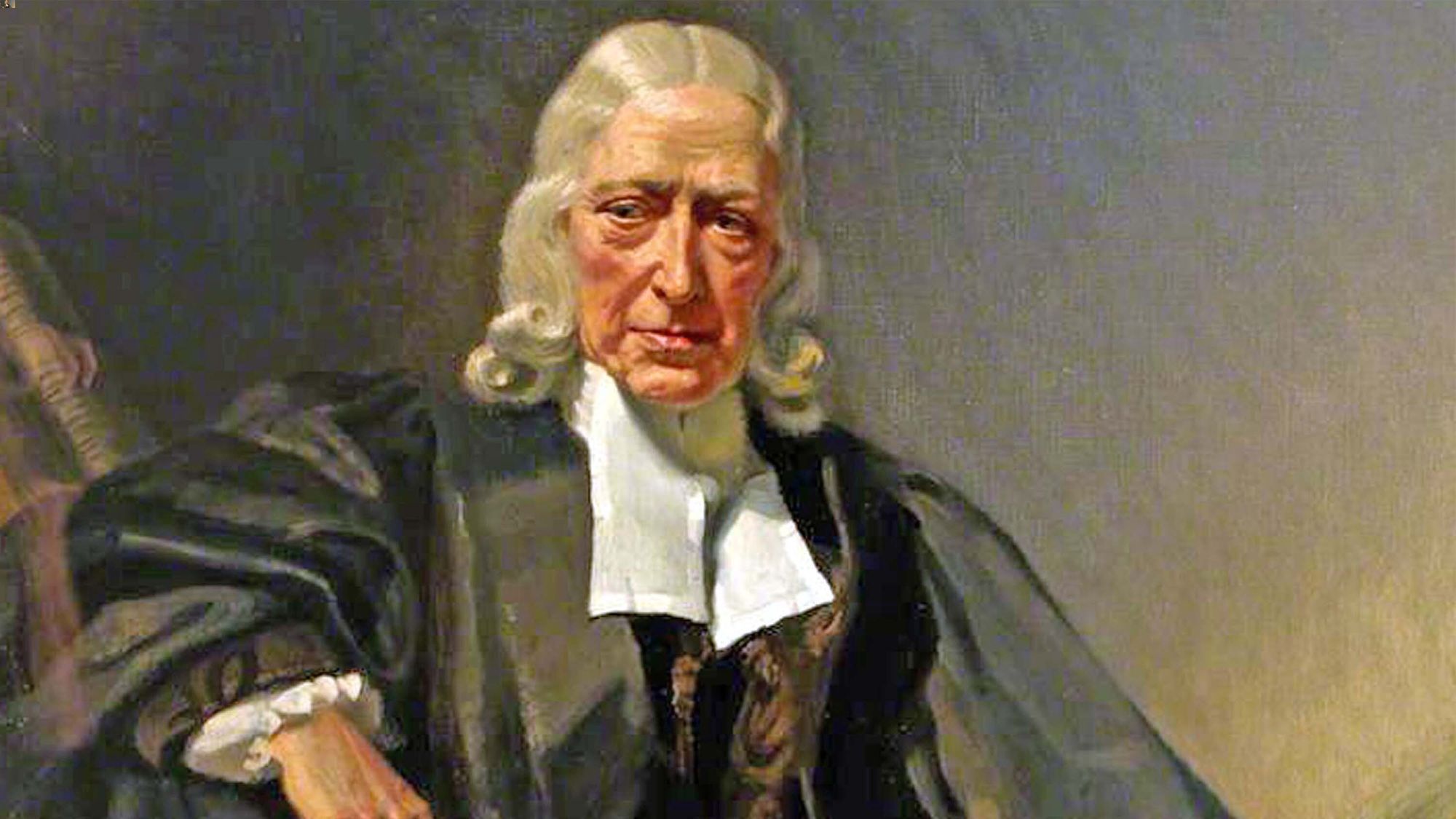
Giorgio Agamben is a renowned Italian philosopher and critical theorist whose ideas and writings have had a profound impact on various fields, including philosophy, political theory, and cultural studies. Born in Rome in 1942, Agamben has dedicated his life to exploring complex concepts and challenging conventional wisdom.
In this article, we will delve into nine astonishing facts about Giorgio Agamben that shed light on his intellectual contributions and unique perspectives. From his controversial work on biopolitics and the state of exception to his interpretations of ancient texts and his critique of modern society, Agamben’s ideas continue to inspire intense debates and shape scholarly discourse.
Whether you are a longtime follower of Agamben’s work or are just beginning to explore his writings, these facts will provide you with a deeper understanding of his philosophy and its implications for contemporary society.
Key Takeaways:
- Giorgio Agamben is an influential Italian philosopher known for his concepts of “bare life” and critique of the surveillance state, shaping discussions in various academic fields.
- Agamben’s ideas have sparked debates and controversies, leaving a significant impact on contemporary philosophical and political discourse, challenging conventional wisdom and inspiring further exploration.
Giorgio Agamben is an Italian philosopher and political theorist.
Giorgio Agamben, born on April 22, 1942, in Rome, Italy, is a renowned philosopher known for his works in political theory, aesthetics, and linguistics.
Agamben’s major work is the Homo Sacer series.
Homo Sacer, meaning “sacred man” in Latin, is a series of books written by Giorgio Agamben, exploring concepts of sovereignty, biopolitics, and the state of exception.
He is known for his concept of “bare life.”
Agamben introduced the idea of “bare life,” which refers to a person’s mere existence without any political rights or recognition, often associated with states of exception and the dehumanizing effects of modern politics.
Agamben’s philosophy is heavily influenced by thinkers like Michel Foucault and Martin Heidegger.
Agamben’s works reflect the influence of philosophers such as Michel Foucault and Martin Heidegger, particularly in his examination of power, biopolitics, and the nature of being.
Agamben is a critic of the modern surveillance state.
Agamben’s writings often critique the expansion of surveillance technologies and the erosion of privacy rights in contemporary societies, highlighting the potential dangers of the surveillance state.
He has written extensively on the relationship between language and power.
Agamben explores the ways in which language and power intersect, examining how language can be used as a means of control and domination in systems of governance.
Agamben is a prolific author with numerous publications to his name.
Throughout his career, Agamben has published numerous books, essays, and articles, establishing himself as a prolific writer and influential thinker in the fields of philosophy and political theory.
He is a controversial figure in academic circles.
Agamben’s ideas and theories have sparked debates and controversies within academic circles, with some applauding his critical insights, while others raise concerns about the implications of his concepts.
Agamben’s work has had a significant impact on various disciplines.
Agamben’s ideas have influenced a wide range of fields, including political science, philosophy, sociology, and cultural studies, making him one of the most influential contemporary thinkers.
These 9 astonishing facts about Giorgio Agamben provide a glimpse into the life and contributions of this renowned philosopher. From his groundbreaking concepts of “bare life” and the surveillance state to his extensive writings on power and language, Agamben’s work continues to provoke critical thought and shape discussions in academic and intellectual communities.
In conclusion, Giorgio Agamben’s ideas have left an indelible mark on contemporary philosophical and political discourse. His unique insights and thought-provoking concepts continue to challenge conventional wisdom and inspire further exploration in various disciplines.
Conclusion
In conclusion, Giorgio Agamben is an intriguing figure whose work has made a significant impact in various fields of study. As we have explored in this article, there are several astonishing facts about Agamben that shed light on his life and intellectual contributions.From his extensive writings on philosophy, political theory, and linguistics to his controversial stance on biopolitics and sovereignty, Agamben has left a lasting impression on scholars and readers alike. His unique perspectives and thought-provoking ideas challenge conventional norms and push the boundaries of our understanding.Whether it’s his concept of the state of exception, his critique of the modern legal apparatus, or his investigations into the nature of power and subjectivity, Agamben’s work continues to inspire discourse and debate.In summary, delving into the world of Giorgio Agamben is like embarking on a journey of intellectual exploration. His remarkable insights and profound analysis have cemented his position as one of the most influential thinkers of our time.
FAQs
Q: Who is Giorgio Agamben?
A: Giorgio Agamben is an Italian philosopher, best known for his work in the fields of political theory, philosophy, and linguistics.
Q: What are some of his notable contributions?
A: Agamben is known for his concepts such as the state of exception, biopolitics, and the Homo sacer series. He has also written extensively on topics like sovereignty, power, and subjectivity.
Q: What is the significance of Agamben’s ideas?
A: Agamben’s ideas challenge conventional norms and offer unique perspectives on topics such as law, politics, and society. His work has sparked critical debates and influenced a wide range of disciplines.
Q: Is Agamben’s work controversial?
A: Yes, Agamben’s ideas have been met with both praise and criticism. Some view his work as groundbreaking and transformative, while others have raised concerns about his interpretations and implications.
Q: Where can I find his written works?
A: Agamben has authored numerous books and articles. His works are widely available in bookstores, academic libraries, and online platforms.
Giorgio Agamben's groundbreaking ideas have left an indelible mark on contemporary thought, but he's not the only philosopher whose insights continue to shape our understanding of the world. Delve into the timeless wisdom of Epictetus' philosophy, which offers a Stoic perspective on life's challenges. Explore the profound impact of Hannah Arendt's political theory, which sheds light on the nature of power and the human condition. And don't miss the opportunity to engage with the transformative ideas of Theodor W. Adorno's critical theory, which challenges us to question the status quo and envision a more just society.
Was this page helpful?
Our commitment to delivering trustworthy and engaging content is at the heart of what we do. Each fact on our site is contributed by real users like you, bringing a wealth of diverse insights and information. To ensure the highest standards of accuracy and reliability, our dedicated editors meticulously review each submission. This process guarantees that the facts we share are not only fascinating but also credible. Trust in our commitment to quality and authenticity as you explore and learn with us.


